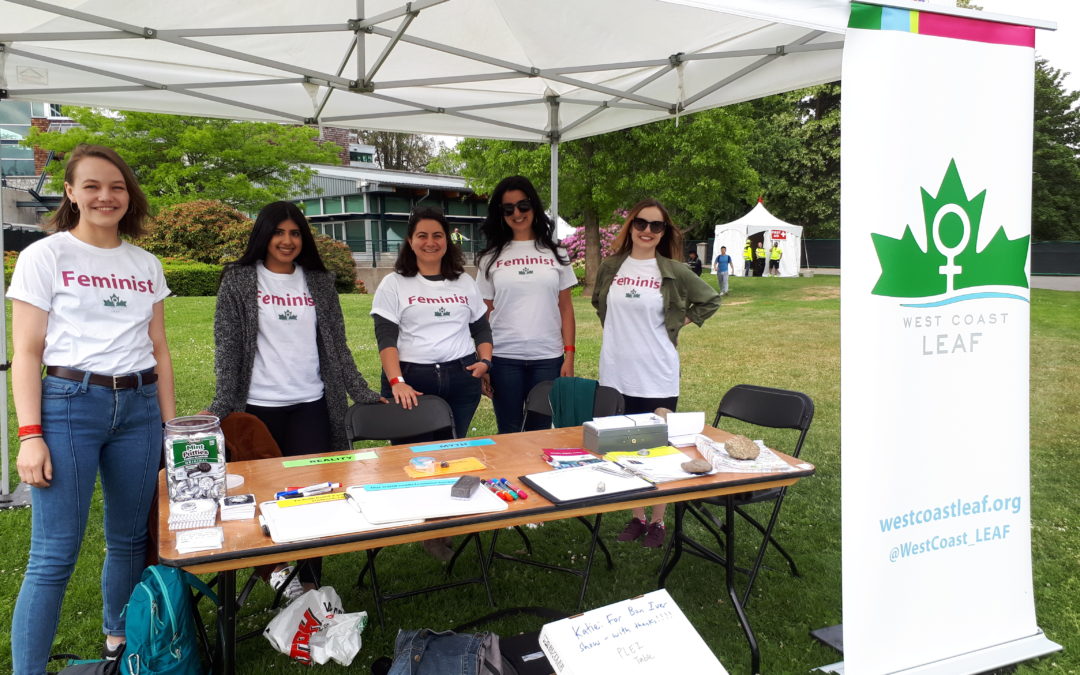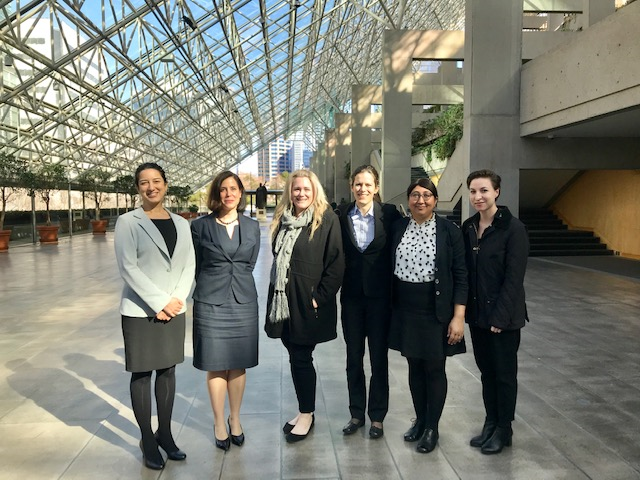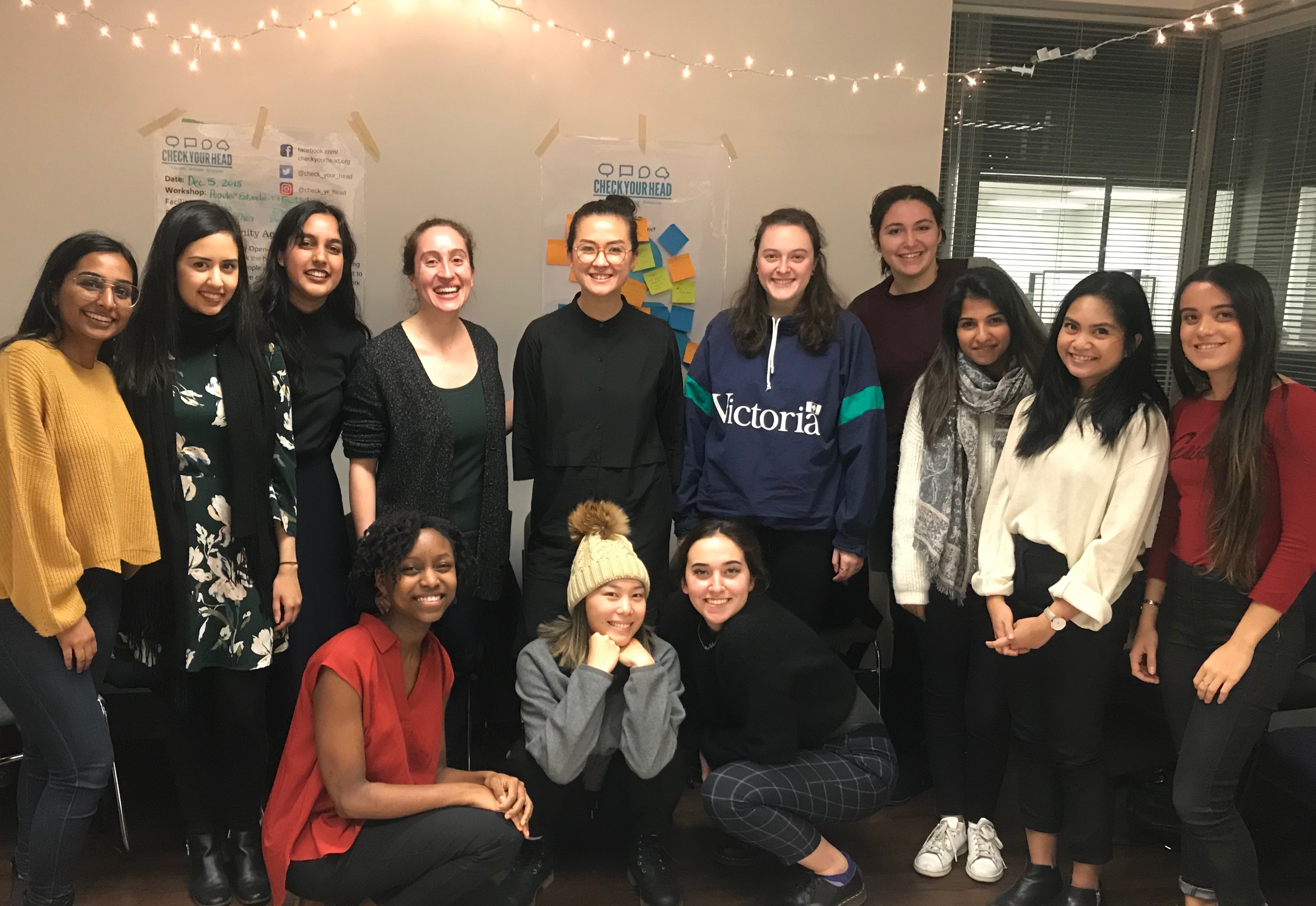West Coast LEAF is the first and only organization in BC dedicated to using the law as a strategy to work towards an equal and just society for all women and people who experience gender-based discrimination. Since our founding in 1985, we have helped bring about some of Canada’s most important feminist legal victories for reproductive rights, workplace standards, fairness in family law, legal protections from sexual harassment, and more.
In collaboration with community, we use litigation, law reform, and public legal education to make change. In particular, we aim to transform society by achieving: access to healthcare; access to justice; economic security; freedom from gender based violence; justice for those who are criminalized; and the right to parent.
Our work is founded on an inclusive vision of feminism that defends the inherent right to be free from discrimination based on gender identity and gender expression. As an organization working on the traditional, ancestral, and unceded Coast Salish homeland, including the territories of the xʷməθkʷəy̓əm (Musqueam), Skwxwú7mesh (Squamish), and səl̓ílwətaʔɬ/Selilwitulh (Tsleil-Waututh) Nations, we recognize our responsibility to work for the full realization of the rights of Indigenous peoples.
We use four main strategies to bring about social change:
- We work on cases that have the potential to have an impact on advancing human rights and gender equality in BC.
- We engage in law reform by monitoring how legislation and policy affect the rights and well-being of women and all people who experience gender-based discrimination; doing in-depth research and writing on legal and policy issues; and engaging with decision-makers to push for greater equality.
- We engage in public legal education in order to encourage people to think critically about the law and society, and to understand and exercise their legal rights. We offer workshops on legal tools and strategies, consent and sexual assault, youth rights in the workplace, youth rights online, and more!
- We engage with community through coalition-building, partnerships, and collaborations; taking guidance from advisory committees with lived and professional expertise; contributing to public conversations; and listening deeply.
Photos by Alana Prochuk



